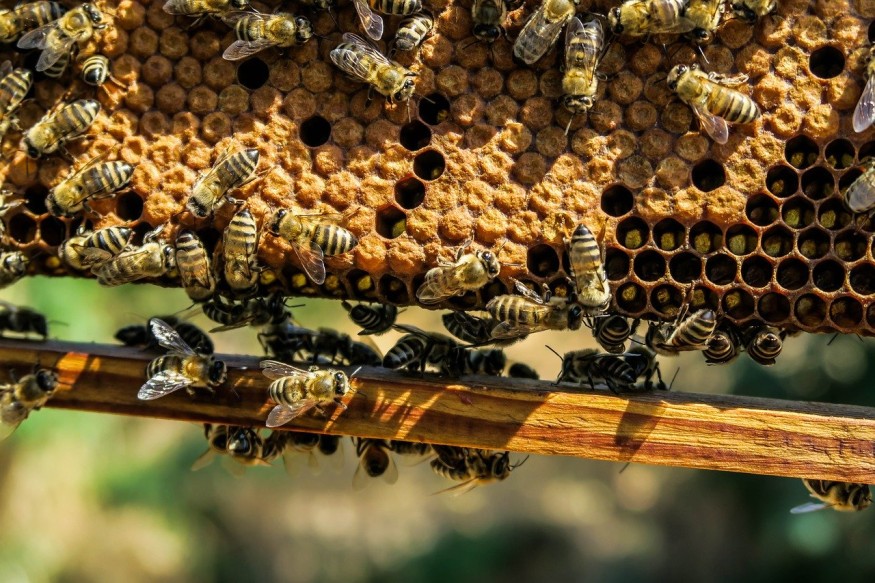Researchers from the University of Western Australia found that honeybee venom compounds can kill the aggressive forms of breast cancer without damaging healthy cells.
The researchers studied the venom from 312 bees in England, Ireland, Western Australia, and Perth and tested its effects on different types of breast cancer, including those with limited treatment options.
Their findings suggest that the honeybee venom rapidly destroyed that cancer cells and tumors. This study is the first research conducted in honeybee venom used in an experiment on killing cancer cells.
The team was able to extract the compound, called melittin, from honeybee venom and recreate it to kill the cancer cells without affecting the healthy cells.

Honeybee Venom Kills Cancer Cells
The Australian team found that melittin has similar effects like most of the honeybee venom's anti-cancer effects. According to lead researcher Dr. Ciara Duffy, the synthetic product as able to selectively and rapidly decrease the viability of the triple-negative breast cancer, which has limited methods of treatment.
Moreover, she said that the melittin could be used to completely destroy cancer cells in just under 60 minutes, given the right concentrations.
Besides that, melittin can also substantially reduce the chemical messages in cancer cells essential for their growth in just 20 minutes. Dr. Duffy said that they are now investigating the process in which honeybee venom and melittin can affect the signaling pathways in cancer cells.
She added that melittin modulated the signaling in breast cancer cells by stopping the receptor cells' activation in triple-negative breast cancer. More specifically, it suppressed the activation of HER2 in the overexpressed HER2-enriched breast cancer cells.
Melittin is even described by Western Australian scientists Professor Peter Klinken as 'incredibly exciting' as it provides another wonderful example that compounds in nature can be used in treating diseases in humans.
Read Also: Breast Cancer Screening Should Start at 40, New Study Suggests
Melittin and Conventional Chemotherapy
Dr. Duffy and her team also tested whether melittin can be used alongside the existing chemotherapy drugs available. These drugs can create holes or pores in the cell membrane of breast cancer cells that enables the entry of other treatment into the cancer cells to kill it.
According to Dr. Duffy, their experiments in mice have proven that melittin can be used with small molecules or with chemotherapy drugs such as the docetaxel in treating the aggressive type of breast cancer cells. The combination of the effects of melittin and docetaxel is found to be extremely efficient in reducing tumor growth.
Dr. Duffy and her colleagues put the bees to sleep using carbon dioxide and kept them in ice until they could have extracted the honeybee venom as part of the study.
Since there are over 20,000 species of bees, Dr. Duffy wanted to compare the effects of the honeybee venom found in bees in Perth to those honeybee populations in England and Ireland and the venom found in bumblebees.
Read More: Intraoperative Radiotherapy Eyed as Alternative to Conventional Breast Cancer Treatment Techniques
Check out more news and information on Breast Cancer in Science Times.
© 2026 ScienceTimes.com All rights reserved. Do not reproduce without permission. The window to the world of Science Times.












